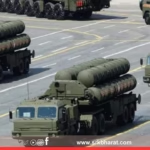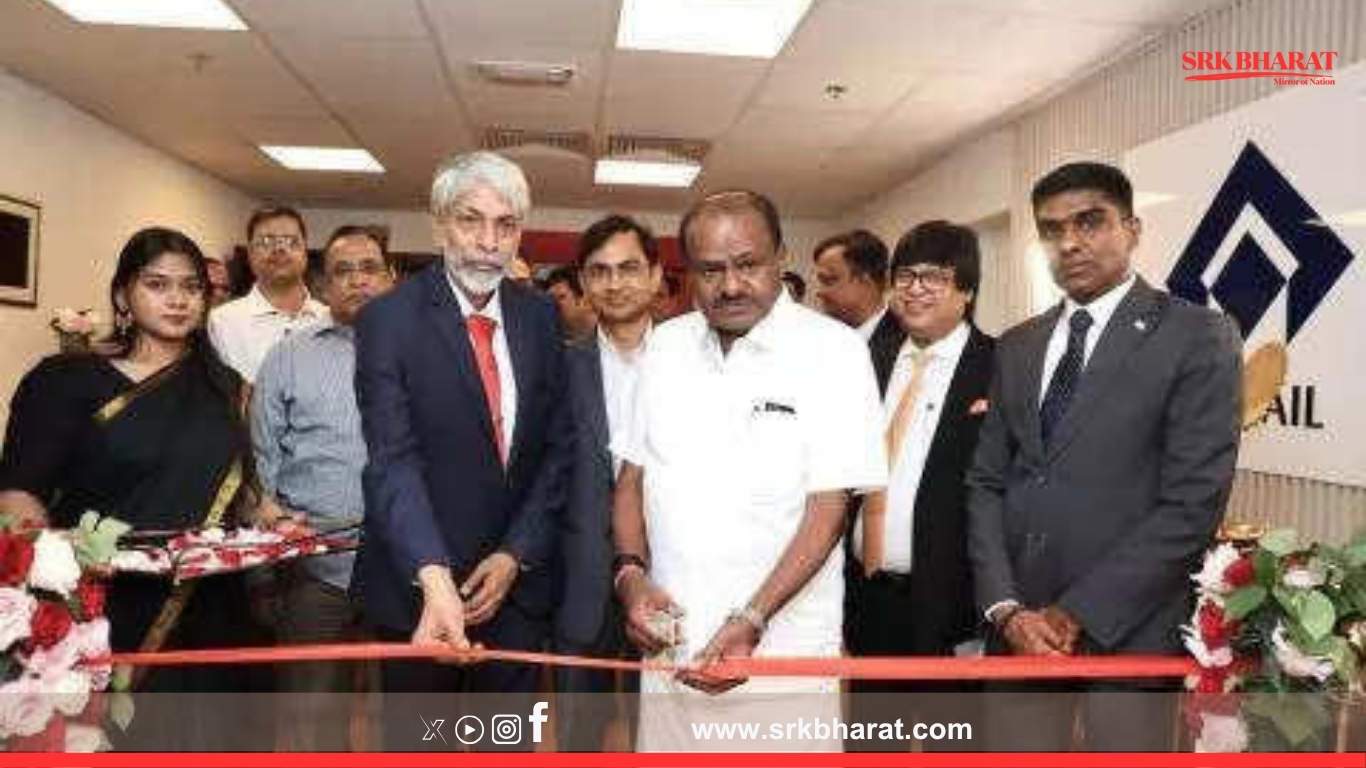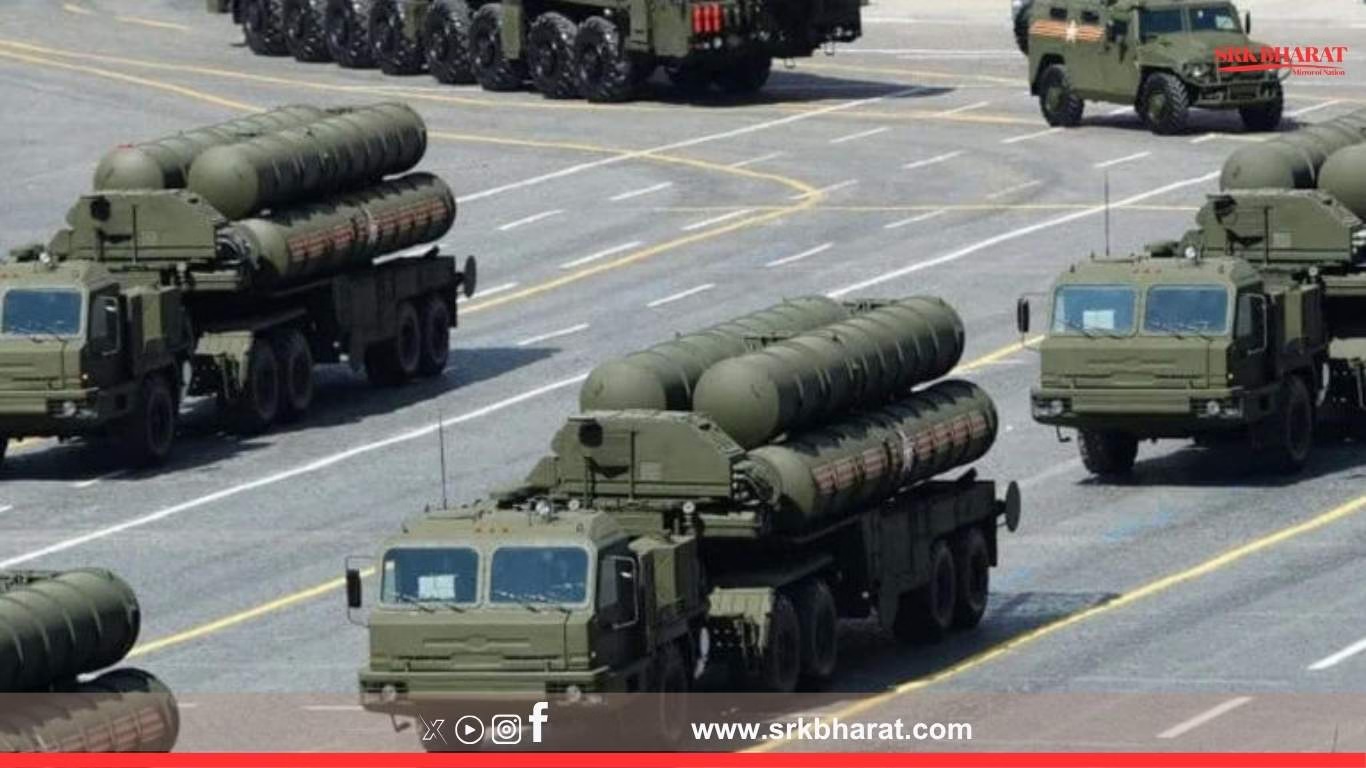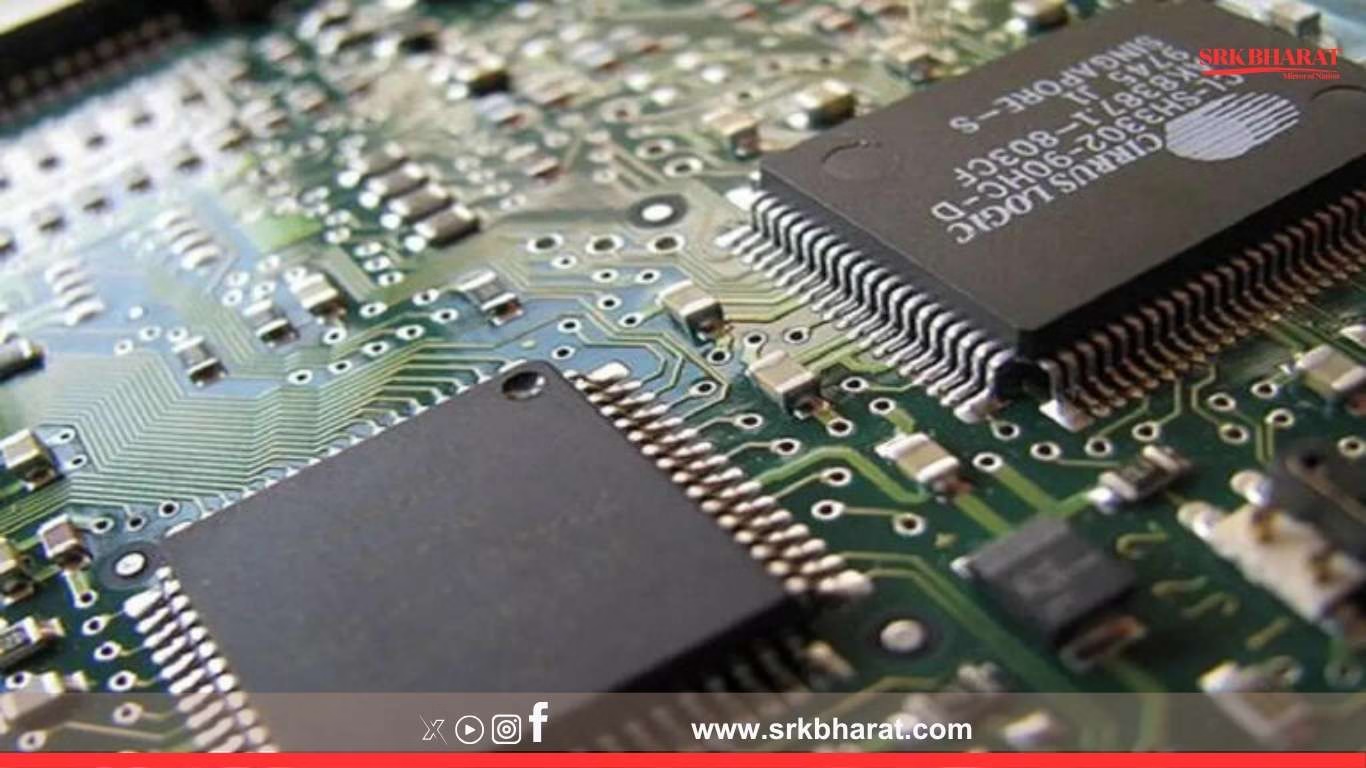In a strategic move to enhance its global presence, India’s state-run steel giant Steel Authority of India Limited (SAIL) has inaugurated its new office in Dubai, UAE. This expansion marks SAIL’s formal entry into the Middle East business landscape and is aligned with India’s broader metal sector globalisation strategy.
SAIL’s Dubai Office: A Gateway To Middle East Markets
The new Dubai office will act as SAIL’s central hub for:
- Export sales and marketing operations in the Middle East, North Africa (MENA), and neighbouring regions
- Market intelligence gathering to strengthen regional competitiveness
- Customer relationship management for existing and potential buyers of its diverse steel products
- Exploration of joint venture and technology collaborations with Middle East steel processors and infrastructure majors
Speaking at the inauguration ceremony, SAIL Chairman Amarendu Prakash stated:
“The Middle East remains a high-growth market for steel due to its ambitious infrastructure and energy diversification projects. Our Dubai office will help us engage better, faster, and closer with customers and partners.”
Strategic Context: Following NMDC and MECON
SAIL’s decision comes shortly after two other Indian PSU metal majors expanded to the UAE:
| Company | New Office Location | Purpose |
|---|---|---|
| NMDC | Dubai | Expand mineral and iron ore trading footprint |
| MECON | Dubai | Engineering consultancy expansion, local presence for Middle East clients |
| SAIL | Dubai | Export sales, marketing, customer engagement |
The pattern signifies the Indian metals sector’s strategic shift towards capturing overseas markets to de-risk domestic cyclicality and enhance forex earnings.
Middle East: High Potential Steel Market
The Gulf Cooperation Council (GCC) region, led by Saudi Arabia, UAE, and Qatar, is undergoing massive infrastructure expansions under Vision 2030 and similar economic diversification programmes. Key demand drivers include:
- Mega city and smart city projects
- Expansion of oil & gas downstream sectors requiring special steels
- Transport, port, and rail infrastructure development
Industry analysts estimate GCC’s steel consumption to rise at 4-5% CAGR over the next five years.
SAIL’s Current Export Strategy
| Year | Total Exports (tonnes) | Key Markets |
|---|---|---|
| FY22 | ~1 million | Nepal, Bangladesh, UAE, Europe |
| FY23 | ~1.3 million | Expanded presence in MENA, Southeast Asia |
| FY24 (Est.) | ~1.5 million | Middle East, Africa, East Asia |
The Dubai office is expected to significantly increase Middle East sales contribution to SAIL’s total exports by enabling:
- Faster order fulfilment and customer servicing
- Reduced reliance on third-party trading intermediaries
- Direct market development for value-added products like structural steels, plates, and rails
Pivot Analysis: Indian PSU Metals Expansion In UAE
| Company | Recent Move | Strategic Outcome |
|---|---|---|
| NMDC | Opened Dubai office | Improved iron ore trade flows to MENA steelmakers |
| MECON | Dubai presence | Enhanced engineering consultancy contracts pipeline |
| SAIL | Dubai office | Stronger regional sales and customer networks |
Competitive Advantage: SAIL’s Integrated Strength
SAIL, as India’s largest state-owned steel producer, benefits from:
- Fully integrated operations with captive iron ore and coal
- Diverse product mix – from construction steel to railway products
- Strong domestic supply base ensuring competitive export pricing
Middle Eastern buyers often prioritise reliable delivery schedules, quality assurance, and direct manufacturer engagement – areas where SAIL aims to outperform trading intermediaries post this expansion.
Government Push For PSU Globalisation
The Ministry of Steel has been encouraging PSUs to build global competitiveness and brand visibility. This Dubai office aligns with the government’s vision of:
- Enhancing India’s share in global steel exports
- Promoting PSU commercial autonomy in strategic expansions
- Creating forex revenue streams to balance import bills
Key Quote From Steel Ministry Official
A senior official remarked:
“This expansion is not merely about sales. It is about placing an Indian steel PSU in the global market to match the likes of Chinese and Korean producers who already have regional offices across continents.”
Risks And Challenges
Despite strategic benefits, SAIL will need to address:
- Price volatility risk in international markets due to global economic slowdown concerns
- Logistical competitiveness, given proximity of GCC to large exporters like Turkey and Iran
- Quality certifications aligned with Middle East building codes and oil & gas sector standards
Upcoming Plans
SAIL is expected to:
- Initiate region-specific product development in plates and structural segments
- Explore rebar and construction steel supply agreements for upcoming GCC mega projects
- Organise roadshows and technical seminars for local buyers from its Dubai office
Analyst Perspective: Positive For Long-Term Exports
A metals sector analyst from a leading brokerage stated:
“This strategic expansion positions SAIL to become a consistent exporter in the MENA region. While immediate volume impact will be incremental, the long-term brand and market share gains are significant.”
India’s Steel Export Vision
The National Steel Policy targets 17% of total production as exports by 2030. The Middle East market is central to achieving this, with Indian PSUs and private steel producers focusing on GCC infrastructure demand as a reliable growth lever.
Conclusion: A Step Towards Global Steel PSU Footprint
The opening of SAIL’s Dubai office after NMDC and MECON reflects the growing strategic mindset among Indian PSU metal majors to establish an international operational presence. For SAIL, it is not merely an export office but a base to build long-term partnerships, supply regional mega projects, and emerge as a global steel brand with strong domestic roots and an expanding global footprint.
Disclaimer: This news content is prepared for informational purposes based on publicly available industry updates, official statements, and market analyses. Readers are advised to consult regulatory filings and direct company communications for definitive details before making any business or investment decisions. The publication bears no responsibility for decisions based on this content.











